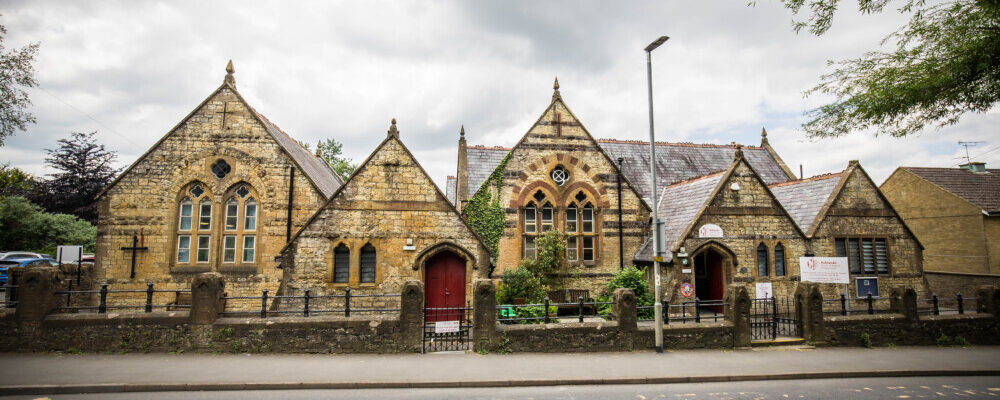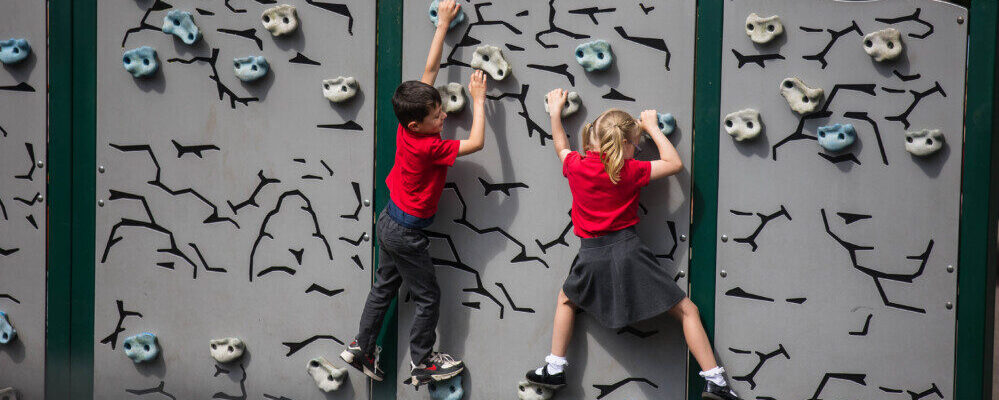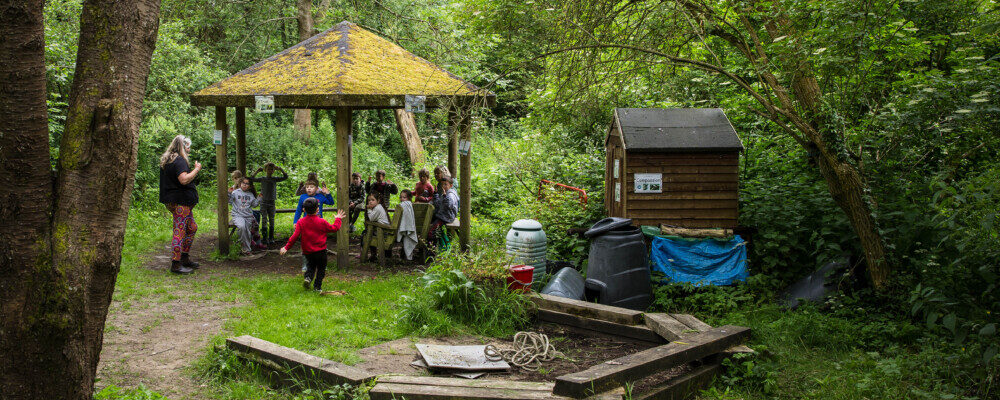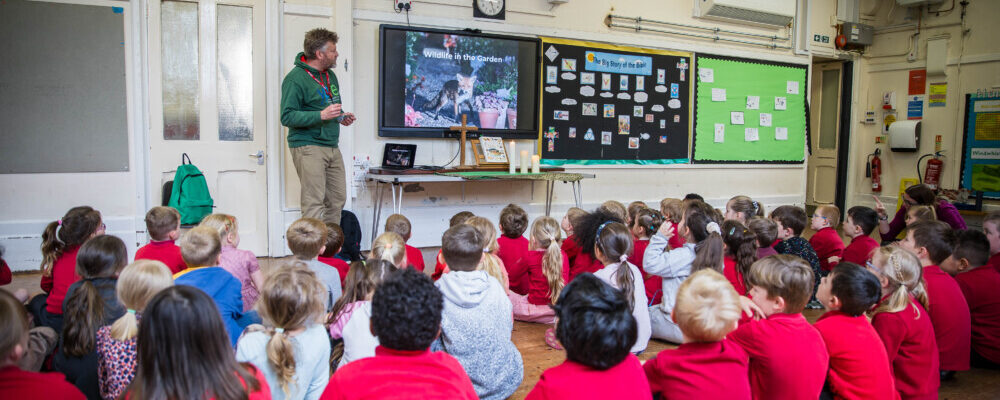Collective Worship
At Ashlands C of E Primary School, Collective Worship is at the heart of our community. It helps us grow spiritually, strengthens our Christian values, and brings us together. Through worship, we celebrate the unique role each child plays in our school and beyond. It is a key part of an education that helps every child thrive and “Learn for Fullness of Life.”
Our vision is built on the idea of “Life in all its fullness,” inspired by the belief that Jesus came to bring abundant life. We want every child to discover and develop their unique gifts and talents, so they can make the most of life in our school, community, and beyond.
Our worship follows the traditions of the Church of England and the Christian calendar. It is a daily practice that shapes our school’s values and is supported by all staff and governors. Worship at Ashlands is inclusive, welcoming, and uplifting. It plays a vital role in the spiritual, moral, social, and cultural growth of our whole school community.
Why do we do Collective Worship?
- to engage in an act of community
- to express praise and thanksgiving to God;
- to be still and reflect
- to explore the big questions of life and respond to national events
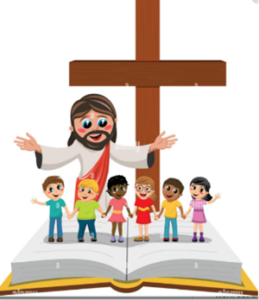
- to foster respect and deepen spiritual awareness
- to reflect on the character of God and the teachings of Christ
- to affirm Christian values and attitudes
- to share each others joys and challenges
- to celebrate special times in the Christian Calendar
Our Collective Worship is inclusive, Invitational, and Inspiring
Inclusive:
At Ashlands C of E Primary School, our Collective Worship is a shared experience where everyone is welcome. It is a time to explore, reflect, question, and respond—whether to one another or, for some, to God. We recognize that our school community includes people from different faith backgrounds and those with no faith, as well as individuals at different stages of their spiritual journey.
We encourage pupils to think deeply, ask questions, and express their own views. Worship should be a space where participation is a choice—where pupils can engage fully, step back to reflect, or simply observe. We are mindful of the language used during worship, ensuring it respects and includes everyone, without assuming a shared faith.
Worship is not something that is “done to” pupils; it is a meaningful and interactive experience. Everyone, including pupils, has a role in shaping it—through planning, leading, and reflecting on its impact. While collective worship follows national guidelines, it is also shaped by our local community, the diverse experiences of our pupils, and their unique cultural backgrounds.
Invitational:
At Ashlands C of E Primary School, our Collective Worship is always invitational—meaning everyone is welcome, but no one is required to take part in any specific way. There is no expectation to “do anything”; instead, worship provides a space where pupils, parents, and staff can engage as much or as little as they feel comfortable.
Worship is like a table set with care, where there is always a place for everyone. Some may come to share in the meal fully, while others may sit and observe, taking in what feels meaningful to them. The invitation is open, but there is no pressure—each person is free to engage in a way that feels right for them.
Prayer is always by choice. Pupils and adults may pray if they wish, in their own way, or they may take a moment for quiet reflection. Worship should be an experience that allows for personal exploration, respect for different beliefs, and the freedom to participate with integrity.
Inspiring:
We believe that worship should be inspirational—it should spark curiosity, encourage reflection, and motivate action. Worship is not just about listening; it’s about thinking deeply and asking big questions—about who we are, why we do what we do, and how we can make a difference in the world. Through meaningful and thought-provoking worship, pupils and adults alike are encouraged to reflect on their own beliefs, values, and actions. It should challenge and inspire everyone to think in new ways, to grow in understanding, and to take positive action in their school, community, and beyond.
Inspirational worship encourages pupils to become courageous advocates—to stand up for what is right, to care for others, and to engage with important causes that matter to them. It provides a space where faith, beliefs, and personal convictions can be explored openly and thoughtfully.
Intent:
Collective Worship at Ashlands C of E Primary School is important to us as a school community. It aims to enable pupils and adults to flourish spiritually. Spirituality is taught through the Windows (out), Mirrors (in), Doors (up) approach as described in our Spiritual Development Guidance. We come together to listen to God’s word, sing songs and pray together. It is the context in which the language of spirituality, which we use as a school, is regularly and explicitly shared.
Collective Worship provides the opportunity for pupils to become aware of the importance of reflection and how our positive and negative experiences can be formative. It also provides a real sense of being present which are often linked to invitations to pray.
Through daily Collective Worship, pupils are offered a space and a place for hearing the Christian story. Pupils are given time to consider their responsibilities to others and to grow in love and service, through reflecting on the Bible stories and our school vision and values. At Ashlands, we use Roots and Fruits, The Bible, Picture News and other resources to support exploration, discussion, discovery and reflection. The material is rooted in the Bible with a strong focus on living our vision and values.
It is our intent to:
- Explore the school’s vision of ‘Love of Learning, Love of Life, Love of One Another’ and its basis in ‘Life in all its fullness’ John 10:10
- Reflect on how the vision informs the school values and key learning habits and the two are interwoven
- Provide opportunity to reflect on our school values and our adopted parable of the Good Samaritan
- Develop our key learning habits linked to our values for learning
- Help pupils and adults to appreciate the relevance of faith in today’s world by encountering the teachings of Jesus and the Bible and developing understanding of the Christian belief in the Trinitarian nature of God
- Offer the opportunity, without compulsion, to all pupils and adults to grow spiritually through experiences of prayer, stillness, worship and reflection
- Enable all pupils and adults to appreciate that Christians worship in different ways, for example using music, silence, story, prayer, reflection, as well as through the varied liturgical and other traditions of Anglican worship and festivals
- Enable pupils to develop skills through engaging in the planning, leading and evaluation of collective worship in ways that lead to improving practice
- Be inspirational and inclusive, engaging all learners. They can talk about the impact it makes on their relationships and on life in the school
- Help all learners to understand Anglican and other Christian traditions found in the UK and worldwide
- Provide an opportunity to celebrate and give thanks for achievements within the school, local and international community and occasions of significance, including festivals
In line with the 1988 Education Reform act, which states that collective worship should be ‘wholly or mainly of a broadly Christian character’, we normally base our assemblies on the teachings of Christ and the traditions of the Christian Church.
We will always conduct our collective worship in a manner that is sensitive to the individual faith and inclusive of all. While the majority of acts of worship in our school are Christian, we also hold collective worship that reflect other religious traditions that are represented in our school and the wider community.
Legal Requirements
The law requires the Headteacher and Governing Body of every school to provide a daily act of Collective Worship. Collective Worship is regarded as an essential part of the development of the whole child and as such is recognised by staff and governors as an important part of daily learning.
We expect all children to attend but any parent can request permission for their child to be excused from attending religious worship and the school will make alternative arrangements for the supervision of the child during the period concerned. Parents do not have to explain or give reasons for this. This complies with the 1944 Education Act and was restated in the 1988 Education reform Act. The Head Teacher keeps a record of all children who withdraw from Collective Worship.
Planning and Organisation
During collective worship, whether in the hall, classroom or outside, we will apply the same agreed key elements of worship; Gathering, Engaging, Responding and Sending.

Gathering – Making special and significant this part of the day through appropriate symbol and ceremony. This includes the lighting and extinguishing of three candles to signal the start and end of our shared time and the reciting of a familiar phrase to welcome the children and the lord.
We light three candles to start our worship together, to bring peace to our minds, and remind us of: God the Father, God the Son and God The Holy Spirit.
Engaging – Using the best available resources and approaches to stimulate interest and engagement, this could be story, visual, role play, song etc
Responding – Ensuring there is time and opportunity for individual and group reflection and thought, so those attending can respond in a variety of ways. This could be prayer, quiet reflection, song
Sending – Summarising the worship in a meaningful short message used to create an opportunity for those attending to implement the ideas covered and to conclude the worship. This could take the form of a question, a challenge, an action or a thought to simply reflect on.
We expect Collective Worship to involve all members of the school gathering, responding, and leaving with a sense of having developed and connected with their spirituality.
Collective Worship Weekly Structure
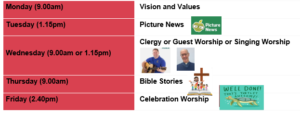
On some occasions where this time is used for presentations or other activities which are not Collective Worship, opportunities are provided for children to experience worship in their class environment.
Worship Leaders
Each person leading worship is expected to plan his or her act of worship with the same degree of thoroughness as any other aspect of their teaching. Worship may be led by many different members of the school community including: groups of pupils; the Headteacher; Senior Lead Teachers, teaching staff, Vicar of St. Bartholomew’s Church, and leaders from other local churches and organisations such as Daniel England from The Vine Ministry.
Worship at St Bartholomew’s and other Christian sites
We have a regular programme of services at St Bartholomew’s, we enjoy Harvest, Christmas and Easter celebrations. All children are invited to participate and parents are invited to attend. Year 6 also participate in a leavers worship at Taunton, St Mary Magdalen Church.
Monitoring and Evaluation
Staff and Pupils are included in evaluation and development of collective worship.
Our school regularly evaluates our acts of collective worship and the impact it has on the school and its wider community. This involves monitoring by school leaders, staff, pupils and governors in order to grow and develop.
We also welcome the parents’ contributions through questionnaires, which are reviewed and considered annually. All leaders of collective worship are asked to evaluate continuously, reflect after every worship, to develop and improve their practice.

